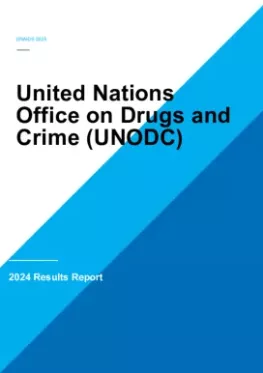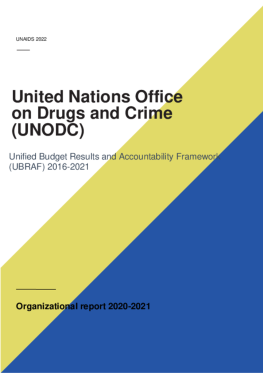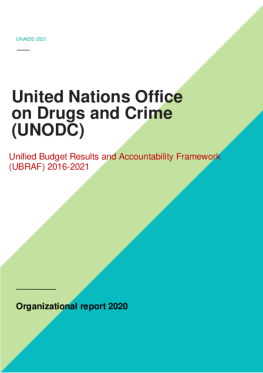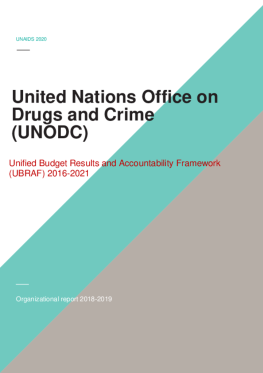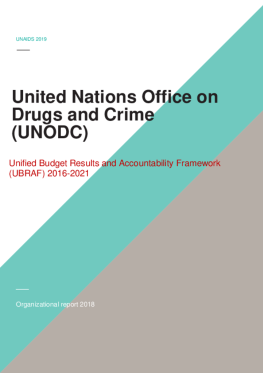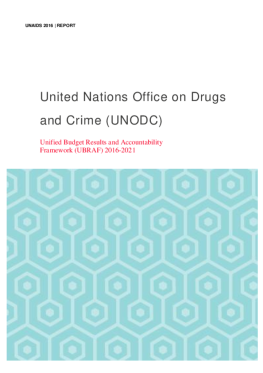UNODC is the UNAIDS convening agency for HIV among people who use drugs and people in prisons. It works to ensures that national and global HIV responses align with international standards and commitments set by the UN General Assembly, the UN Economic and Social Council (ECOSOC), the Commission on Narcotic Drugs, the Commission on Crime Prevention and Criminal Justice, and the UNAIDS Programme Coordinating Board. Leveraging its mandate and expertise, UNODC provides technical assistance, capacity-building and advocacy to ministries of health, justice, interior and law enforcement and to prison authorities, drug control agencies and civil society, including networks of people who use drugs and civil society organizations working in prison settings.
UNODC focuses on high-priority countries, including those in humanitarian settings, by supporting governments in developing and implementing policies and legal frameworks that ensure access to essential HIV services for people who use drugs and people in prisons. UNODC works to eliminate stigma and discrimination and scale up evidence-based harm reduction interventions, including needle-syringe programmes, opioid agonist therapy and overdose prevention and management for people who use drugs and people in prisons. Recognizing the diverse needs of people who use drugs, including those who use stimulants, as well as women, UNODC promotes community-led service delivery models.
In prison settings, UNODC strengthens healthcare systems, promotes the integration of HIV, viral hepatitis and TB services in public health frameworks, and advocates for alternatives to incarceration for minor, non-violent drug-related offenses, particularly for women and juveniles. Through multisectoral partnerships, UNODC ensures continuity of care between prisons and the community and supports civil society engagement in shaping national HIV responses.
The UNODC Strategy (2021–2025) is aligned with the Global AIDS Strategy. UNODC support to countries is based on the comprehensive package of HIV prevention, treatment and care services (WHO, UNODC and the Secretariat), the UN Standards Minimum Rules for the Treatment of Prisoners (the Nelson Mandela Rules) and the Technical brief on HIV prevention, treatment and care in prisons and other closed settings.
For information on UNODC's results, please see the 2024 downloadable report below.


